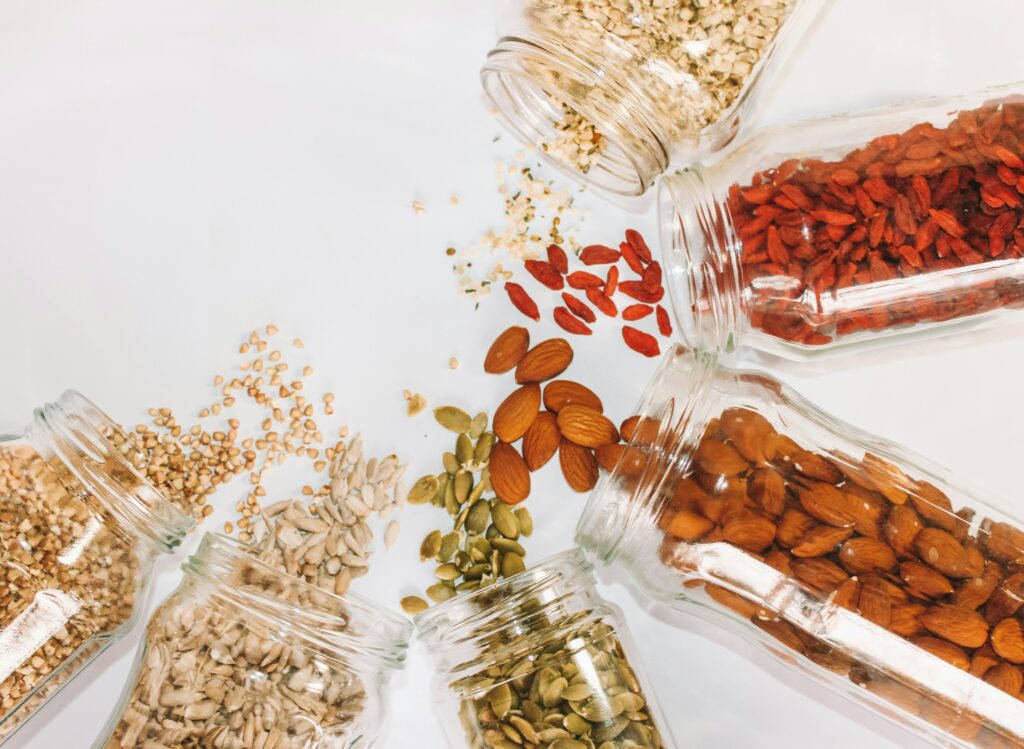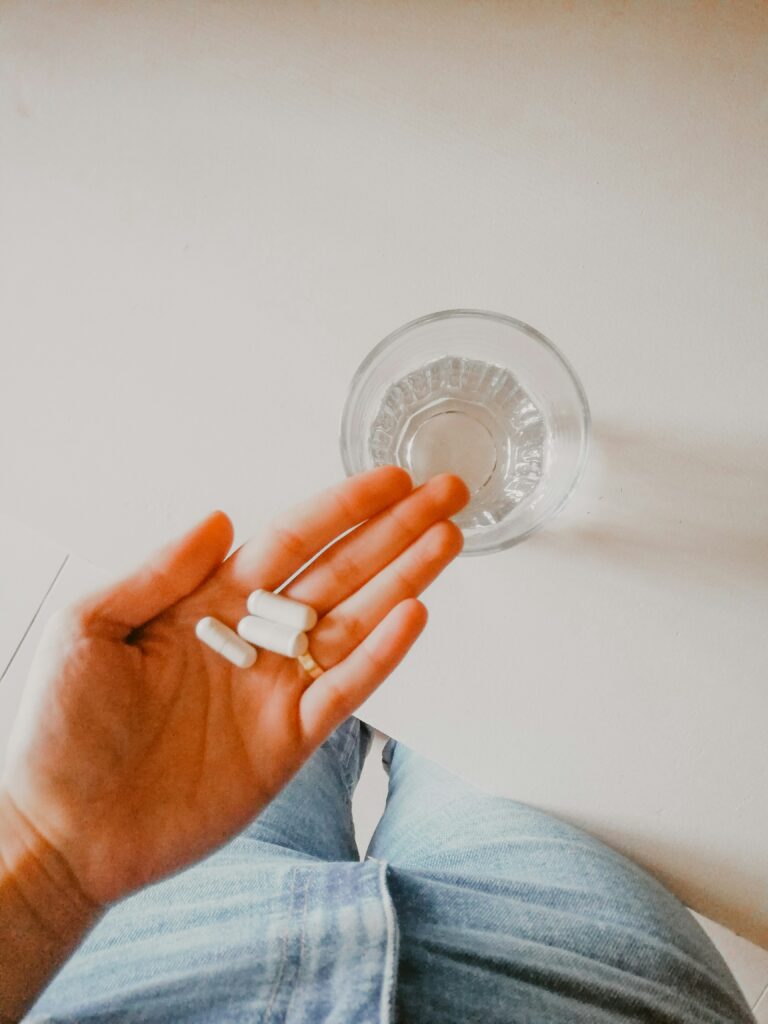
In today’s fast-paced world, it’s no wonder that many of us find ourselves reaching for that extra cup of coffee to fuel our energy levels. But what if I told you there are alternative ways to boost energy without relying on caffeine? In this post, we’ll delve into the most common reasons for low energy and explore effective strategies to regain vitality naturally.
Understanding the Root Causes of Low Energy
- Inflammation and Energy Levels
Inflammation, often triggered by poor diet, stress, or environmental factors, can wreak havoc on our energy levels. When the body is in a constant state of inflammation, it expends significant energy resources to combat it, leaving us feeling drained and fatigued.
2. Stress and Cortisol Levels
High levels of stress lead to an overproduction of cortisol, commonly known as the stress hormone. While cortisol serves a vital role in the body’s fight-or-flight response, chronically elevated levels can zap our energy reserves, leaving us feeling depleted both mentally and physically.
3. Copper Deficiency and ATP Production
Copper, particularly in its bound form as ceruloplasmin, plays a crucial role in energy metabolism. ATP (adenosine triphosphate), the body’s primary energy currency, is heavily dependent on copper for its synthesis. Low copper status can impair ATP production, leading to feelings of lethargy and fatigue.
4. Magnesium Deficiency and Muscle Function
Magnesium is involved in over 300 biochemical reactions in the body, including muscle function and relaxation. A deficiency in magnesium can lead to muscle tightness, cramps, and poor sleep quality, all of which contribute to decreased energy levels and overall well-being.
Strategies to Boost Energy Naturally
Prioritize Anti-Inflammatory Foods
Incorporate plenty of anti-inflammatory foods into your diet, such as leafy greens, fatty fish, berries, and nuts. These foods are rich in antioxidants and essential nutrients that help reduce inflammation and support optimal energy levels.

Practice Stress Management Techniques
Implement stress-reduction techniques such as mindfulness meditation, deep breathing exercises, or yoga to lower cortisol levels and promote relaxation. Making time for self-care activities can significantly improve energy levels and overall resilience to stress.

Ensure Adequate Copper Intake
Consume copper-rich foods like nuts, seeds, whole grains, and organ meats to support ATP production and energy metabolism. If necessary, consider supplementation under the guidance of a healthcare professional to address copper deficiency.

Supplement with Magnesium
Supplementing with magnesium may help alleviate muscle tightness, promote relaxation, and improve sleep quality. Choose high-quality magnesium supplements such as magnesium glycinate or magnesium citrate for optimal absorption and effectiveness.

While caffeine may provide a temporary energy boost, it’s essential to address the underlying factors contributing to low energy levels for long-term vitality and well-being. By addressing inflammation, managing stress, optimizing copper and magnesium levels, you can regain energy naturally without becoming dependent on caffeine.
Remember, small lifestyle changes can make a significant difference in how you feel day to day. Prioritize your health and well-being by nourishing your body with nutrient-rich foods, managing stress effectively, and supporting essential mineral levels for sustained energy and vitality.
Backlinks:
- Inflammation and Energy: Understanding the Link
- Stress Management Techniques for Better Energy
- The Role of Copper in ATP Production
- Magnesium: The Miracle Mineral for Energy
By incorporating these strategies into your daily routine, you can say goodbye to caffeine dependency and hello to a natural, sustainable energy boost. Here’s to feeling energized, vibrant, and ready to tackle whatever life throws your way!